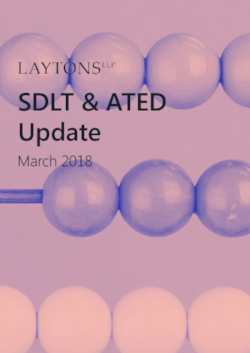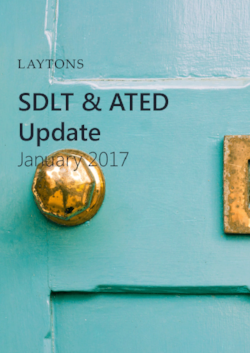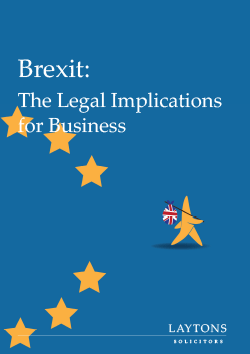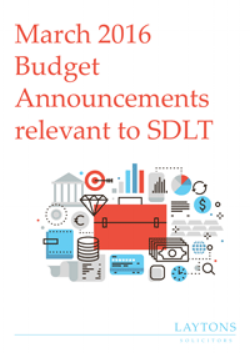Tax | Intellectual Property
The tax aspects must be considered when entering into transactions involving intellectual property, whether acquiring, disposing of or licencing intellectual property, or transferring or licencing intellectual property rights intra-group.
The UK tax treatment of intellectual property has been subject to significant shifts, particularly as a result of changes introduced in the Finance Act 2016, which significantly broadened the scope of UK withholding tax on royalties payable to non‑UK resident licensors. UK residents making such payments must be aware of these rules.
Conversely, there is a wide range of UK tax reliefs which are potentially available for UK entities acquiring and creating intellectual property rights.
Our expertise
We work with colleagues with expertise in the acquisition, disposal and protection of intellectual property rights to advise on the relevant UK tax issues, including:
- whether withholding tax is payable on royalties
- whether withholding tax liabilities could be mitigated or avoided by an application for double tax relief
- the application of relevant tax reliefs, including patent box and research and development reliefs
Our experience
We have advised on the following:
- corporation tax relief on acquisitions of intellectual property governed by the intangible fixed assets rules
- liability to withholding tax on royalty payments to a non‑UK resident licensor and the circumstances in which liability for such withholding tax could be mitigated or avoided by application for double tax relief
- structuring a collaboration agreement between a major non-UK investor and an AIM-listed company for the development of bio-medical products leading to clinical trials, so as to ensure that EIS investors continue to qualify for relief
Related Expertise
News & Insights
UK insurance and financial services businesses operating in the EU are due to lose their right to passport their Regulatory authorisations to another EU State on 31st December 2020.
This update comments on the latest developments including the shortening of filing and payment window to 14 days from the effective date, what is a “major interest”?, bare trusts and first time buyer’s relief and the Supreme Court decision in Project Blue.
This update comments on the latest SDLT and ATED developments including first time buyer’s relief, higher rates (or 3% surcharge) for additional dwellings (HRAD), SDLT Manual updated to incorporate guidance on HRAD...
Employment lawyers and HR teams are well acquainted with the routine dance involved in the negotiation of settlement agreements. However, it is important to note that HMRC has decided to make some changes which will affect some of the steps taken when negotiating exit payments.
This update comments on latest developments including: higher SDLT rates on purchases of additional residential properties: what counts as a “major interest”? and residential property: whether land which adjoins a dwelling forms part of its “grounds”.
HMRC’s guidance on the higher rate, originally published in March 2016, was updated in November 2016. Those who have not yet read the updated guidance are advised to do so.
Companies that develop video games in the UK, are able to make savings on their corporation tax bill through the Video Games Tax Relief. The Relief can therefore be highly beneficial.
In this briefing we tackle one of the biggest and most uncertain of all Brexit topics: what will happen to our laws after we leave?
The Autumn Statement, presented by the Chancellor on 25 November 2015, included some significant announcements on SDLT on which we commented previously.
On 28th December 2015 the government published a consultation document on the proposal, previously announced by the Chancellor in the Autumn Statement on 25th November 2015 ...
























